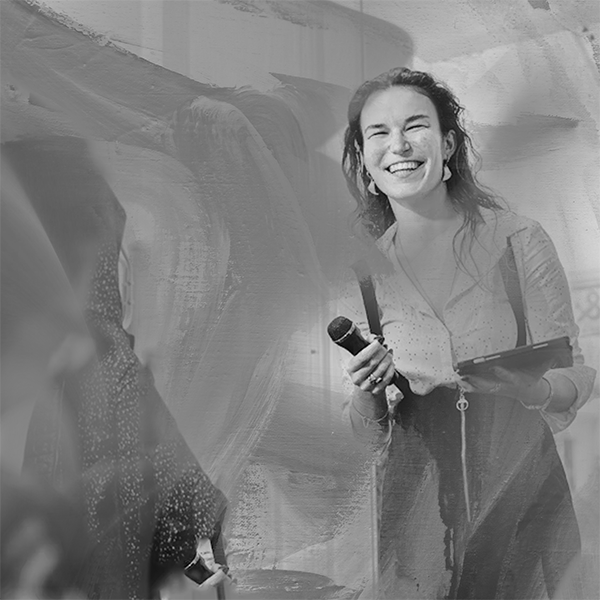How You Read the Bible: The Binary Language of Gender and Scripture
Ones and zeroes…this is how we (often literally) see the world…the binary code that interprets and orders our digital Viewfinder.
We are presented with an overwhelming assortment perspectives, opinions and persuasions…our delicate human compositions sort these things into right or wrong, familiar or foreign, one or zero…it is human nature. The problem is, life is much more complicated than the simplistic, formulaic, binary language we like to compartmentalize it into. When we see things in a “this-or-that” light we often distort and twist our experiences to make them easier to understand and accept…but this manipulation of our code creates all kinds of half-truths and fictitious narratives that obscure the reality of the world we live in. This month Missio is taking on the challenge of examining gender and the Bible – recently Mark More composed some brilliant thoughts on the process of deconstructing his more conventional, binary understanding of Scripture…”I didn’t change my mind on women in ministry; I changed my mind on the Bible”. Mark articulated what many of us have gone through if dismantling this either/or understanding of God, spirituality and Scripture.
I am privileged to teach a gender studies course at the local college and one of the biggest challenges in initiating students to the world of gender theories, feminism and the like is the introducing the idea of binary language. This is the concept that the world in fact isn’t broken up into male and female spheres, but includes a wide range of experiences and orientations (whether we think them right or wrong)…life is experienced on a sliding scale. The simple truth is…the world is grey. In matters of gender there are massive variations of physical size and strength, preferences, information processing and emotions between men and women. All women do not prefer cooking or cook well and not all men are physically strong; we all know this, but often fail to employ our commonsense when it comes to looking at gender in the Bible. If the world is grey and the Word is a chronicling of our intersections with God and the world…it goes to figure the exposure of Scripture to culturally relevant matters such as gender is less than black and white.
I am not quick to jump into exegetical or theological “discussions” with folks, they tend to be circular and pointless. I generally don’t care greatly if someone is reformed or a young earth creationist or a pre-trib, amillennial whatever. Often these issues don’t tell me much about individuals, the faith they actually practice or their personalities. Gender in the Bible and theology is the exception –a binary approach to gender in the Bible reveals a static, shallow understanding of the complexities that surround not just personhood and leadership in Scripture…but everything!
Gender is one of the most nuanced and delicate issues in the entire canon…no issue is as culturally shaped as the roles, mores and power structures of men in women (in the Bible and elsewhere). The world of women in the Bible is vast and never monolithic.Women range from slaves, prostitutes and concubines (wives without property rights) to prophet(esses), apostles and judges. In moments of the biblical saga women have a woefully low place – legal property of the paterfamilias. At other times the Bible challenges cultural mores and elevates the status of women to the highest ranks of the burgeoning subculture (apostle, judge, prophet). A binary approach to this subject typically reveals an apathy for socio-historic research, a muddling of current cultural (or in this case western, pre-war) worldviews with trans-cultural Biblical mandates, and a disdain for complexity in theology.
It is much easier to put gender relations in binary (black and white) terms than grapple with the complexities of gender, culture and God. There is a disturbing popularity to neo-patriarchy that masks itself under the guise of ultra-soft complementarianism; i.e. “women and men have very distinct spheres that are equal but different” – except they aren’t really equal. This simplification of scripture spills over into every area of scripture. Our propensity for “this-or-that” thinking pens our world in binaries such as “West v rest”, “saved v unsaved”, “educated v uninformed”.
Gender and Scripture will perpetually present a challenge to our hermeneutics. This is a contentious issue for the church today, not because of one prescribed socio-historic gender hierarchy that we have inherited…but because this is the most prominent, non-binary issue in the whole of the Bible. Unless we can move into the insecure terrain of questioning gender systems and Scripture we will continue to taint the whole of the canon with an over-simplified, managed view of the God of the Bible.
Gender is the linchpin issue for the Church in the 21st century.



